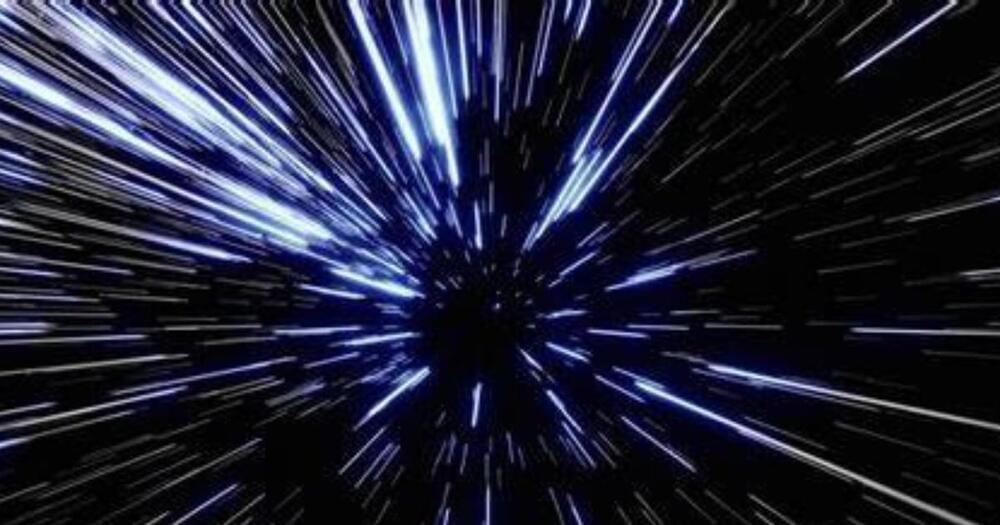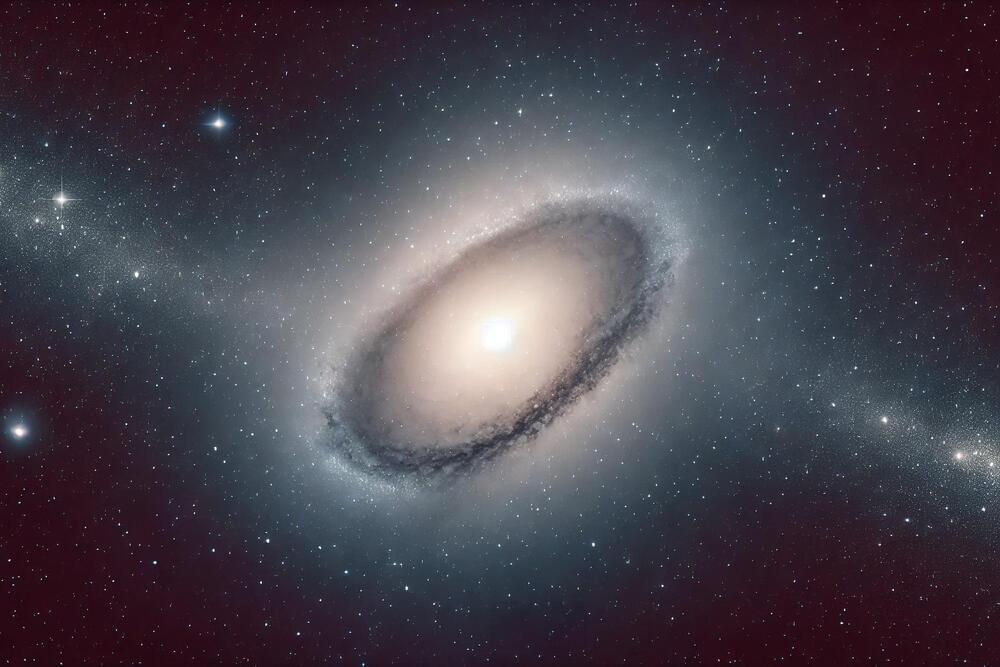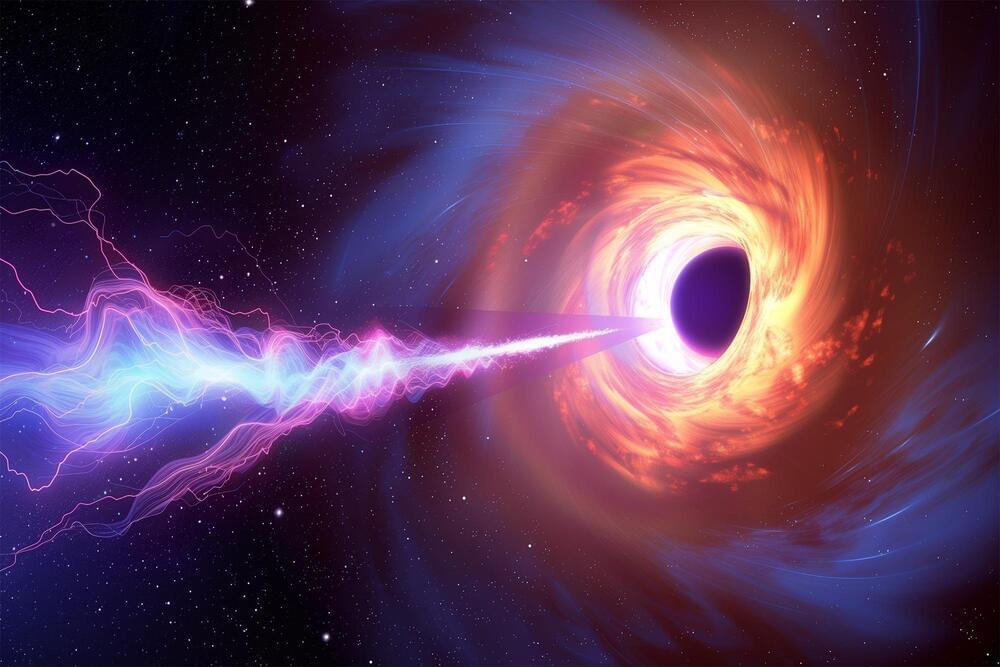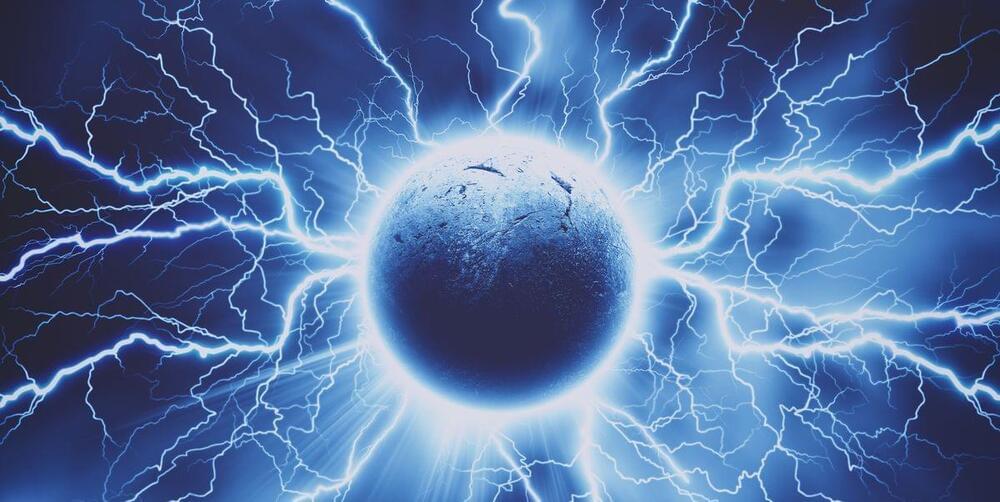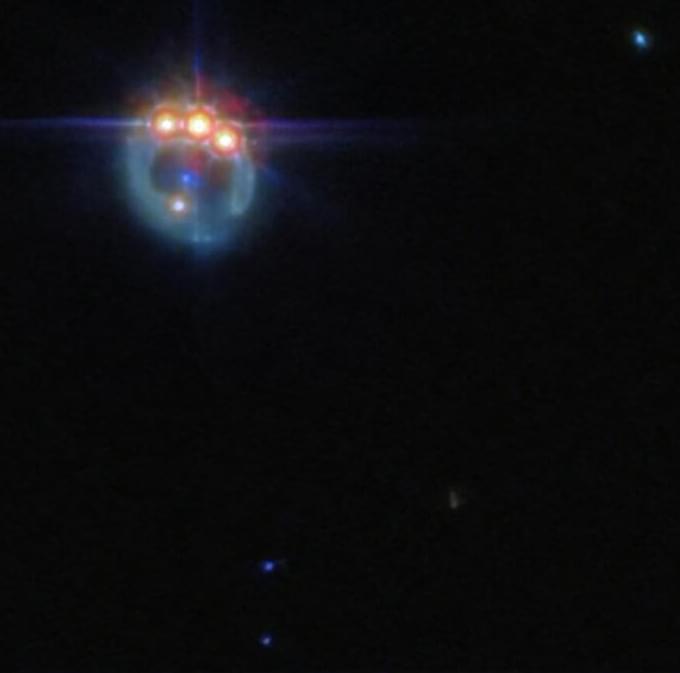Primordial black holes are tiny versions of the big beasts you typically think of. They’re so small, they could easily fit inside stuff, like a planet, or a star… or a person. So, needless to say, this has piqued the curiosity of our Dead Planeteers.
Leah and Chelsea want to know, can you put primordial black holes inside things and what happens if you do?
Black hole astronomer Allison Kirkpatrick at the University of Kansas is back to help them figure this one out. And it turns out, despite being very small, these black holes are incredibly heavy, so ingesting and/or hugging them seems firmly off the cards — much to Chelsea’s displeasure.
Dead Planets Society is a podcast that takes outlandish ideas about how to tinker with the cosmos – from punching a hole in a planet to unifying the asteroid belt – and subjects them to the laws of physics to see how they fare.
Your hosts are Leah Crane and Chelsea Whyte.
If you have a cosmic object you’d like to figure out how to destroy, email the team at [email protected]. It may just feature in a later episode.
